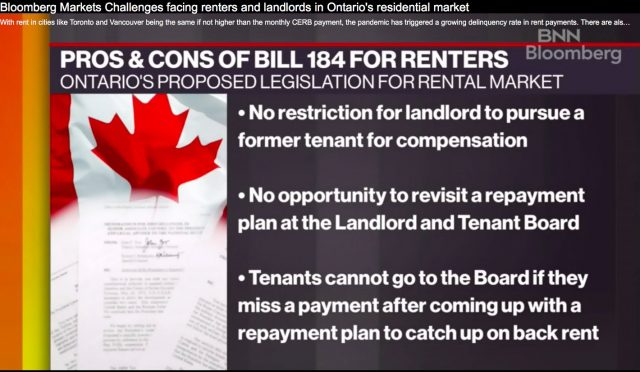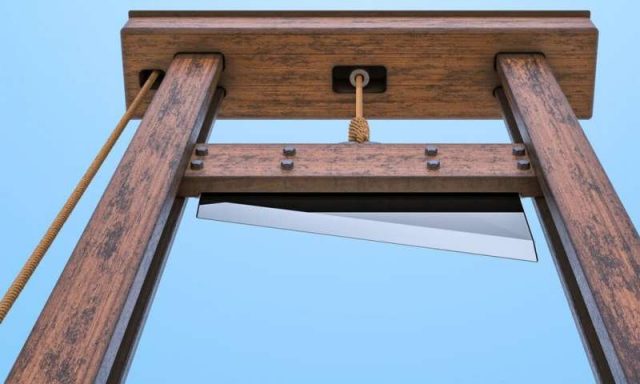
With Rising Costs It’s Essential For Tenants To Make Sure Your Landlord Is Paying Your Bills, Not You!
Many tenants are dealing with harsh weather this winter. Whether it’s rain, hale, or snow storms and freezing temperatures.
With the increased costs of heating your home it can take a huge bite out of your monthly budget.
While your landlord is soaking up the sun and enjoying the beach in Hawaii, Florida, Cuba or some other tropical paradise using your rent money, tenants are struggling to cover our rising costs!
Problems continue into the summer, where electrical costs for fans and air conditioners are rising fast.
Landlords can afford to get away from heatwaves by traveling to northern locations, while tenants have to sweat it out in our rental homes. And costs are going to rise dramatically according to CBC News!
Always Get Your Landlord To Pay Your Bills.
Many tenants are not aware that some landlords will rent out the property as “inclusive” of utilities. This means that you only pay the rent each month and the landlord pays for your heat, gas, electricity, etc.
Why Should You Make Your Landlord Pay Your Utility Bills?
There are two main reasons.
(1) It Gives You Stability With Your Expenses
Why should you demand this? Because energy costs are just going up, up, up. If you get an “inclusive” deal your expenses are stable because landlords can only increase the rent according to the government guideline.
(2) Once This Is The Lease The Landlord Can’t Change It
Landlords can’t demand you change the leases terms, so if you get an “inclusive” lease the landlord is powerless to change it. So while his costs will go up, yours won’t (except for the small rent increase, which in 2020 is only 2.2% while energy costs might go up 10-20-30%!)
Offer Your Potential Landlord Higher Rent, But Make Sure It’s “Inclusive”
When you see this as we explained, it’s very important to make sure you find a rental where you are only responsible for paying the rent.
Many landlords are money-hungry monsters who view you not as a human being, but as a cash cow entering their slaughterhouse.

So use their greed against them!
Offer a bit more rent in exchange for an “inclusive” deal. You will end up the winner at the end, especially if you are going to stay in your rental home for a long time.
Getting An Inclusive Deal Can Lead You To Save Thousands of Dollars!
The media says many home-owners are struggling to pay their heating bills this winter. So think about how serious this if you are renting and on a budget. You need to make sure you get this deal to protect yourself and protect your financial future.
Let your wealthy landlord deal with rising energy costs (they are rich) instead of you (who is struggling to survive). Climate change is scary and your landlord needs to pay to prevent it.
Tips and Tricks To Get The Lease Deal You Need To Survive And Thrive!

Here are some tips if you are dealing with a landlord who wants YOU to pay (and face financial insecurity, and put all the risk on you!)
Some key phrases that greedy landlords who are used to bullying and exploiting tenants “like to hear.”
“I’m barely ever home so my utility costs will always be low.”
“It’s just me moving in, so one person can’t use much power.” (bring in other people after you get the key)
“I understand your concerns so will pay you more rent to make you safe. That’s fair for both sides”
“I am so busy at work, I don’t even cook at home. I order food.”
“I’m so busy with business travel I will barely even be here.”
“Because I want the place let’s raise your rent price by an extra $50/month so I can move in fast.” (Or offer $100 or more, it will still end up saving you money!)
Get The Lease Signed And Protect Yourself! You Win!!!

The landlord might be unhappy once you move in and the costs are higher than they expected. But this is a business and landlords are getting rich off of your hard work and struggles.
If your landlord is unhappy then they should become better business people and not expect tenants to lay down and let them screw us without us fighting back!
Ontario Tenants Protect Yourselves By Making The Landlord Pay Your Bills!
By only paying “rent” you are protected by the Residential Tenancies Act and the Landlord and Tenant Board.
If you agree to pay for the power you use you are vulnerable and NOT PROTECTED!

















